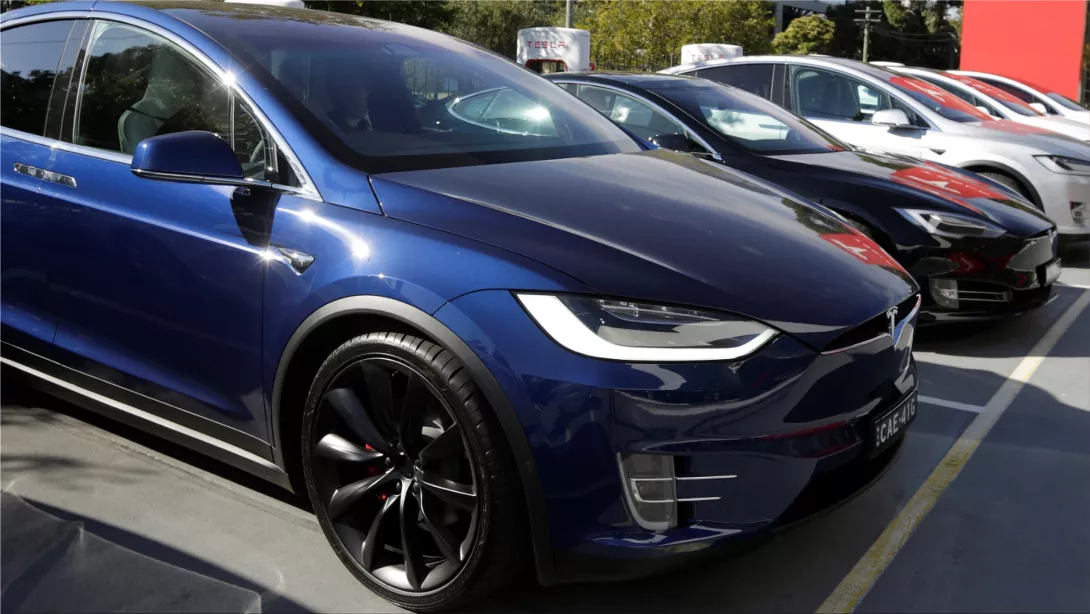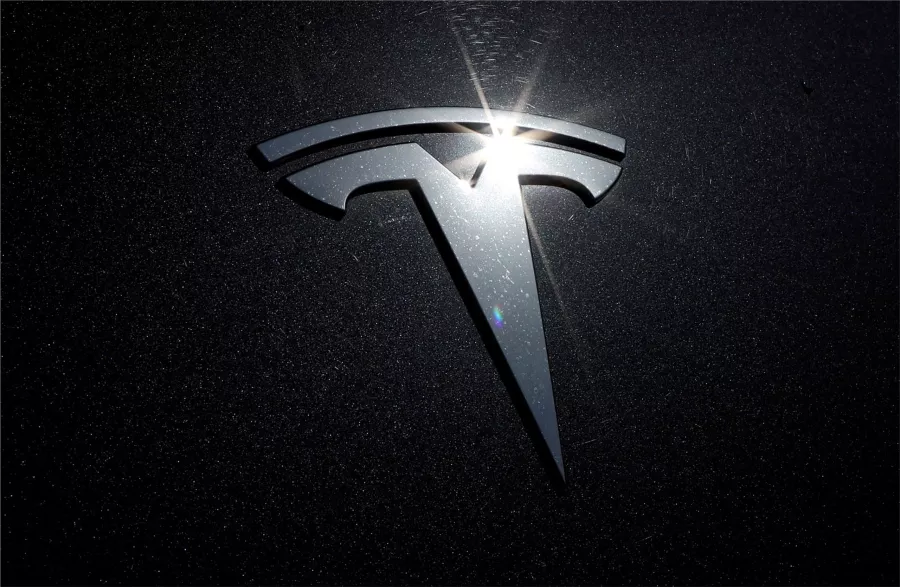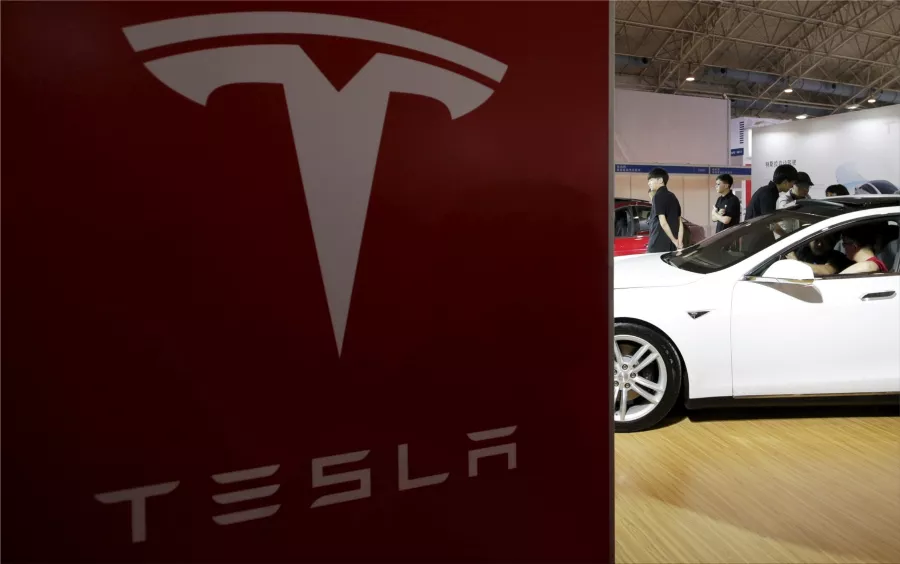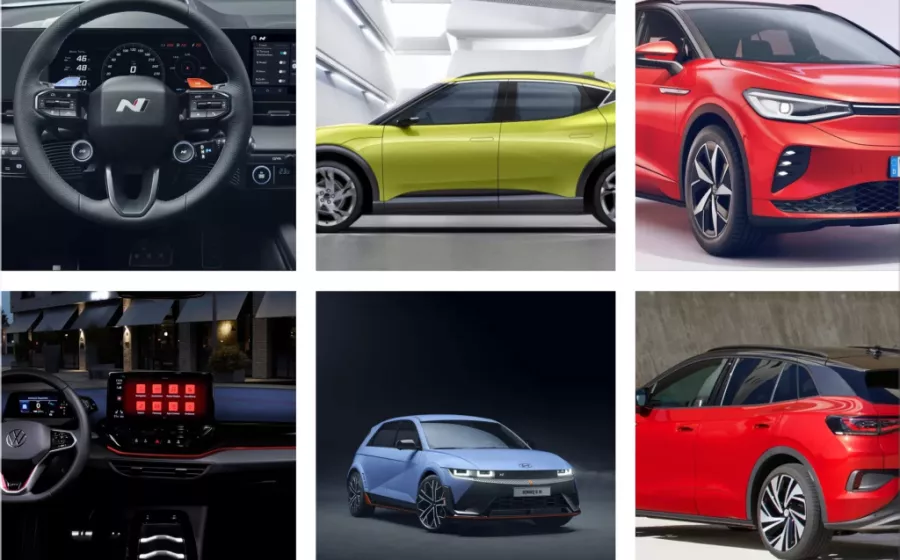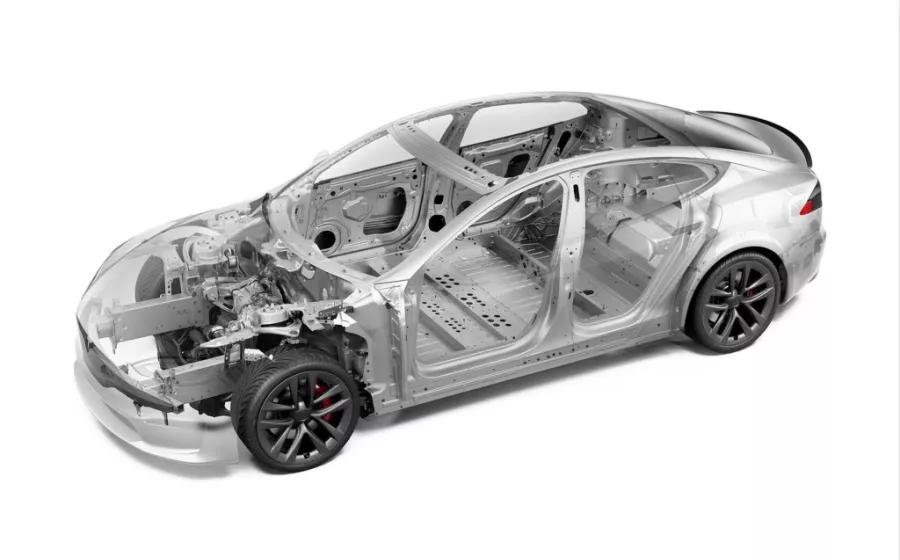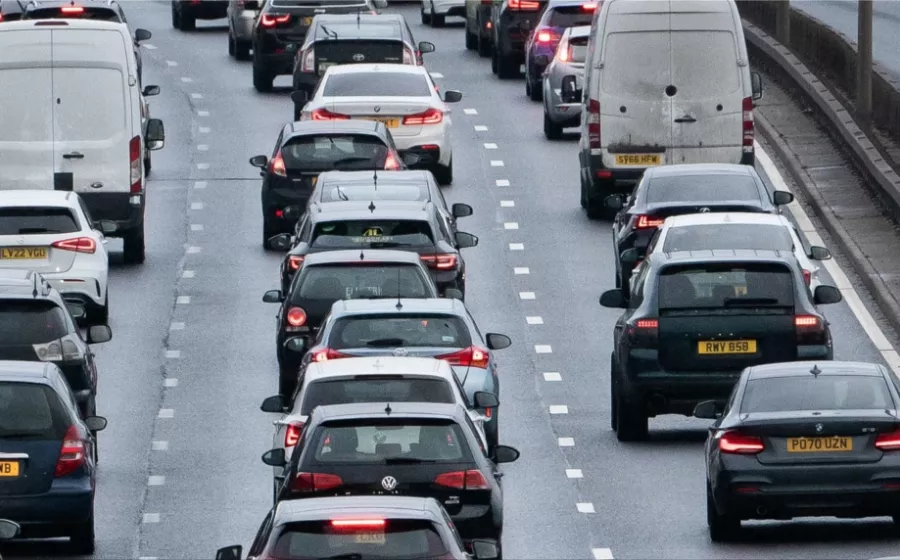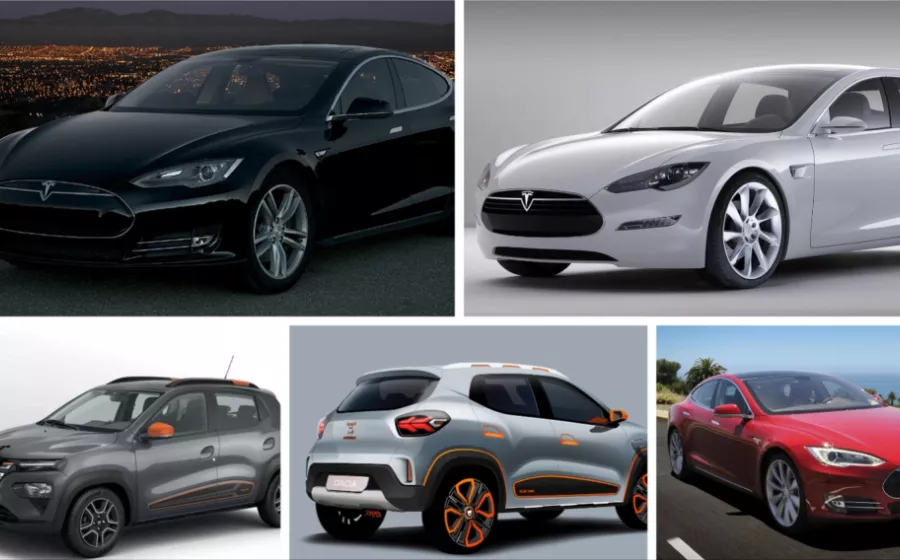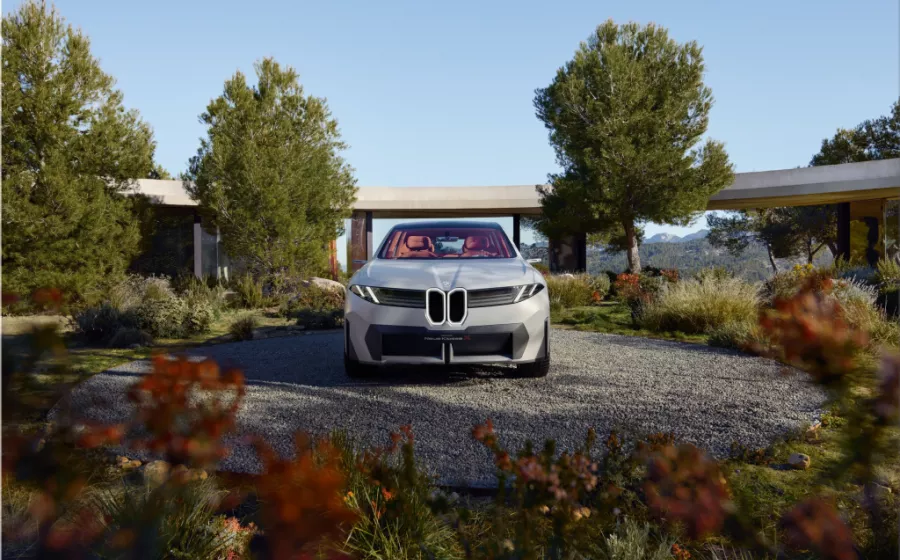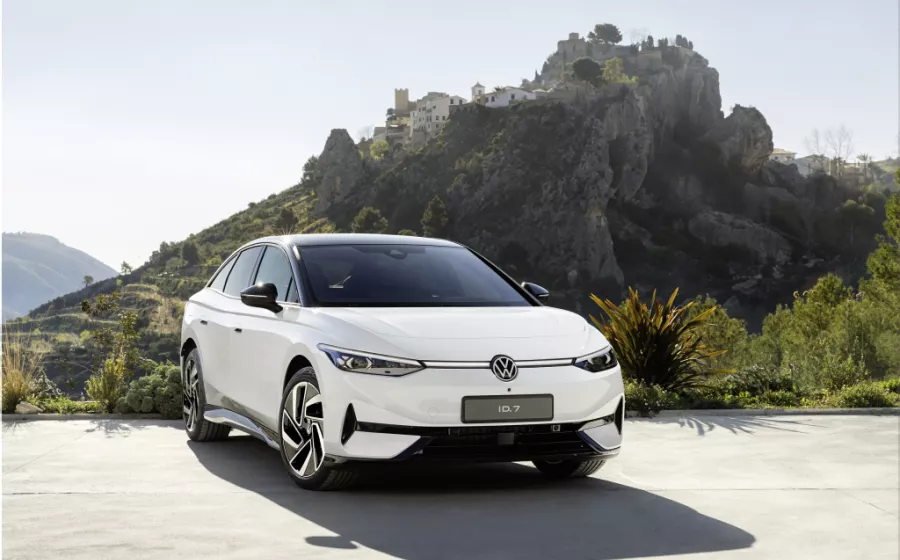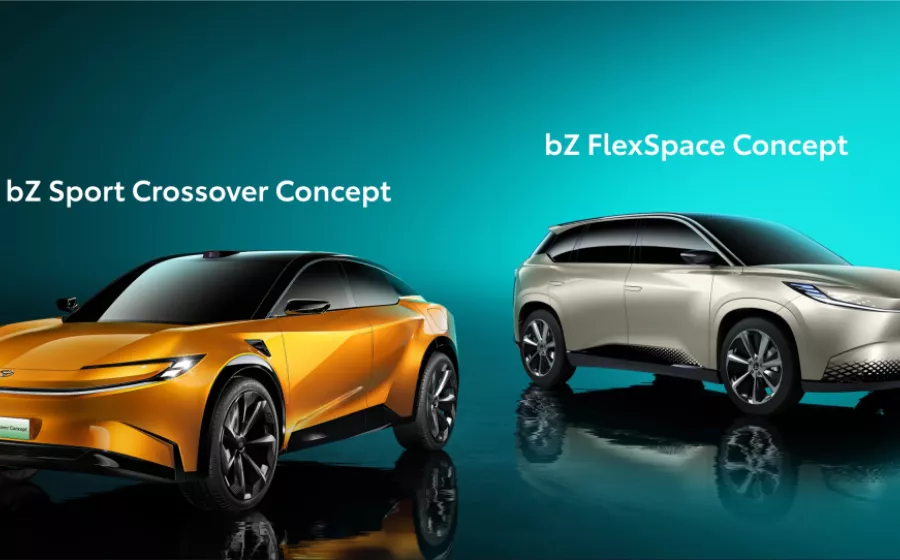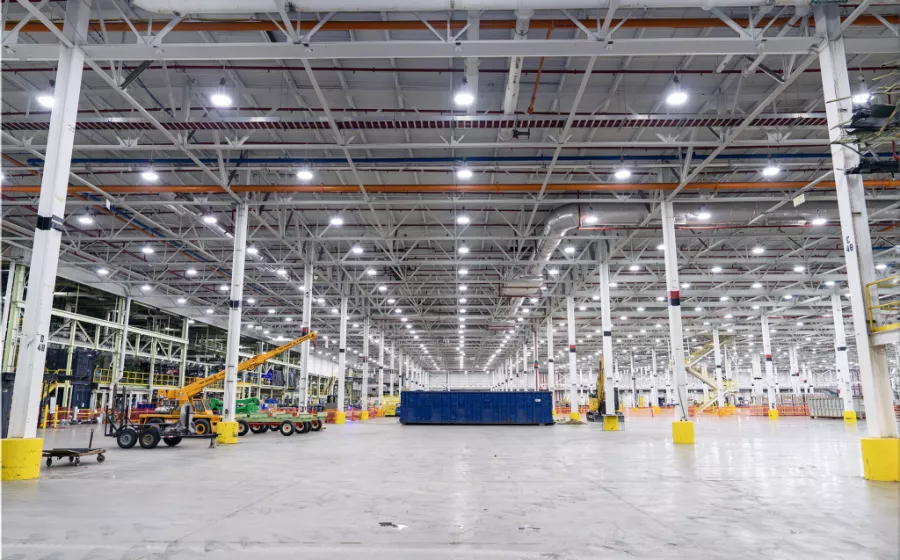The UK government announced that drivers of zero-emission vehicles will have to pay a new road user charge from 2025, which motoring groups warned would reduce the incentive to switch to electric vehicles.
The new charge is part of a wider plan to reform how roads are funded and maintained in the UK, as the government aims to phase out new petrol and diesel car sales by 2030 and achieve net zero carbon emissions by 2050.
The government said the charge would be fair and transparent and reflect road use's environmental and social costs. It also said it would ensure that drivers of electric vehicles (EVs) contribute to the upkeep of the roads, as they currently pay no fuel duty or vehicle excise duty.
However, some motoring groups and environmental campaigners criticized the move, saying it would discourage people from buying EVs and undermine the UK's climate goals.
The RAC Foundation, a transport policy think tank, said the charge could make EVs more expensive to run than petrol and diesel cars and erode drivers' savings from lower maintenance and fuel costs.
The Foundation also said the charge could be difficult to administer and enforce and could create a patchwork of different schemes across the UK, as devolved administrations have the power to set their own road user charges.
Meanwhile, the Green Party said the charge was a "backward step" that would penalize drivers trying to do their bit for the environment. The party said the government should instead invest more in public transport, cycling, and walking infrastructure and introduce a frequent flyer levy to curb aviation emissions.
However, some experts and industry groups welcomed the charge, saying it was a necessary and inevitable step to ensure a fair and sustainable road system.
The Institute for Fiscal Studies (IFS), an economic research institute, said the charge was a "sensible way" to replace the lost revenue from fuel duty and vehicle excise duty, which are expected to decline as more people switch to EVs.
The IFS also said the charge could help reduce congestion and pollution, as it could vary by time and location, and encourage drivers to use alternative modes of transport or travel at off-peak times.
The Society of Motor Manufacturers and Traders (SMMT), a trade body representing the UK automotive industry, said the charge was a "positive signal" that the government was committed to supporting the transition to EVs.

